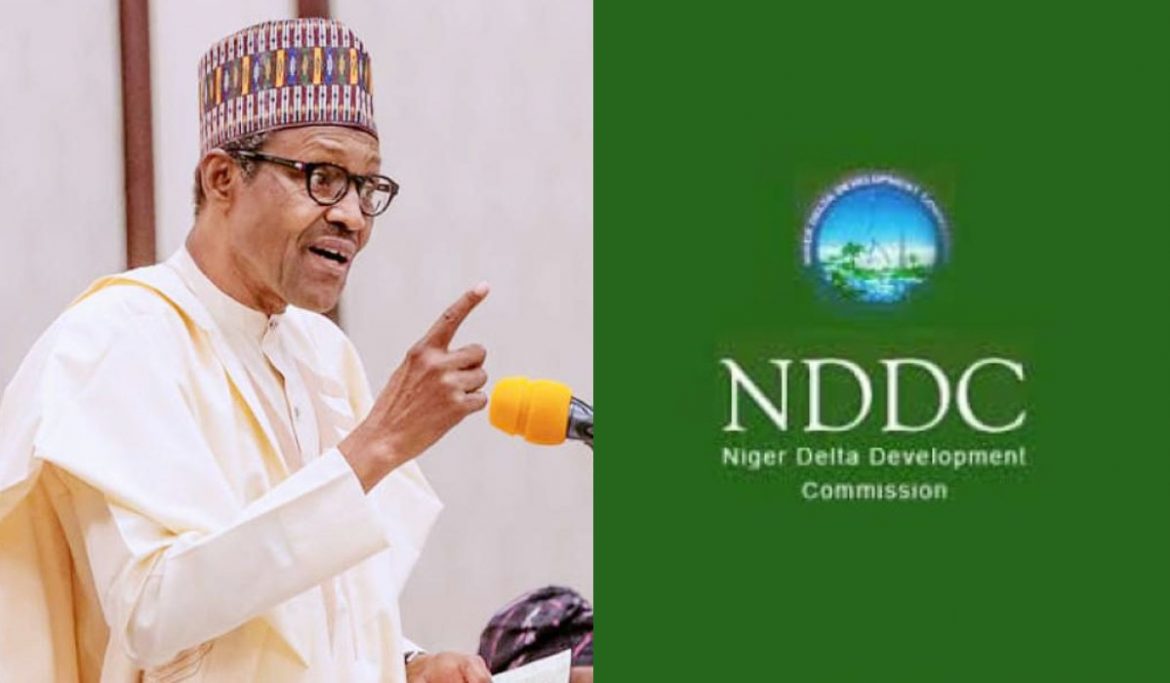A Bloomberg publication dated March 26, 2021, stated that “Africa’s biggest economy is also one of its sickest. Nigeria, home to the world’s largest number of extremely poor people, looks set to break another record: the highest jobless rate. A third of the labor force is without employment or working only a few hours a week — second only to Namibia in the list of 82 countries tracked by Bloomberg.”
The global coronavirus pandemic and lockdown further placed millions of people across the region in poverty.
The people need government assistance, therefore embarking on youthsentrepreneurship empower
The stakeholders and traditional rulers represented by Barrister Onyema Omenuwa, E
The Niger Delta Development Commission, which is a federal government agency established by Former President Olusegun Obasanjo in the year 2000 with the sole mandate of developing the oil-rich Niger Delta region of Nigeria should be repositioned for success. We are witnesses to the fact that for 20 years of the NDDC existence, and with trillions of naira spent by previous administrations, the pace of development in the region has been disappointing.
Rather than having a comprehensive approach towards the development of the region, previous administrations have mostly focused on roads projects worth hundreds of billions of naira,constructed by local companies which are easily washed away during the rainy seasons. There are too many substandard jobs done by indigenous contractors. With this pace, the region can never become the Dubai of Africa as many people in the region aspires. In our opinion, all major construction contracts should be given to multi-national companies that have a good track record and proven capacity of delivering world-class projects.”
As stakeholders in the events leading to the establishment of the NDDC, know the pains, bloodshed, sacrifices and tortious journey which led to the peace resolutions that brought about the establishment of the various intervention agencies particularly the Niger Delta Development Commission (NDDC)”.
Youths unemployment is a major development challenge with implications for conflict in the Niger Delta. The oil producing states of the Niger Delta Region have some of the highest levels of youths unemployment in Nigeria (e.g. about 38.4% in Bayelsa and 27.9% in Rivers) compared to the national average of 21.1%. Like other parts of the world, youths unemployment in the Niger Delta is driven by demographic, educational and economic factors.
Two-thirds of the population of the Niger Delta is below the age of 30. With pervasive poverty and unemployment in the region, many youths are susceptible to being recruited into militant groups and criminal activities such as armed robbery, oil bunkering, prostitution and hostage taking for ransom. The persistent tension in the region further encouraged more youths to prefer quick gains from crime and conflict over longer term and frequently unavailable returns to investments in education and training. Youth restiveness and persistent conflict in the Niger Delta hurt both the national economy and the local people.
Barrister Omenuwa stated that the global coronavirus pandemic and lockdown further placed millions of people across the region in poverty. The people need government assistance and they urged President Muhammadu
Youths empowerment initiatives like small-scale retailing, crop and animal farming, artisanship, information and communication technology, and other technological training will significantly engage youths for productive developmental activities which can translate to poverty reduction and pro-growth. It can also propel youths to attach themselves firmly to positive social institutions which would in turn lead to the development of positive identity, employment opportunities, self-efficacy, and social bond.



